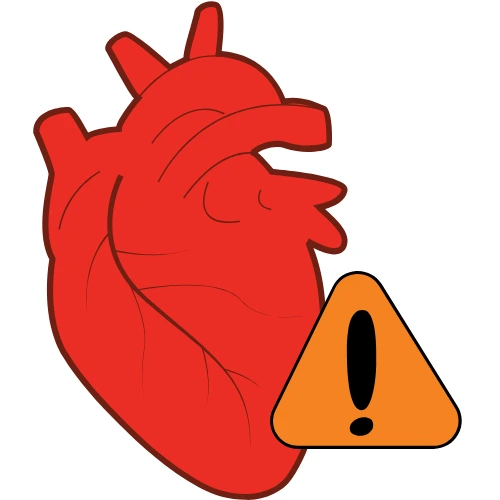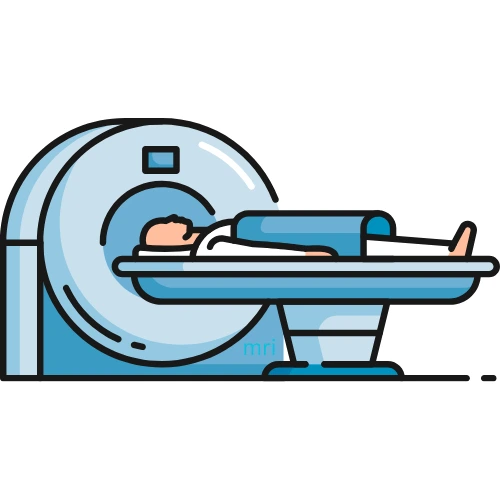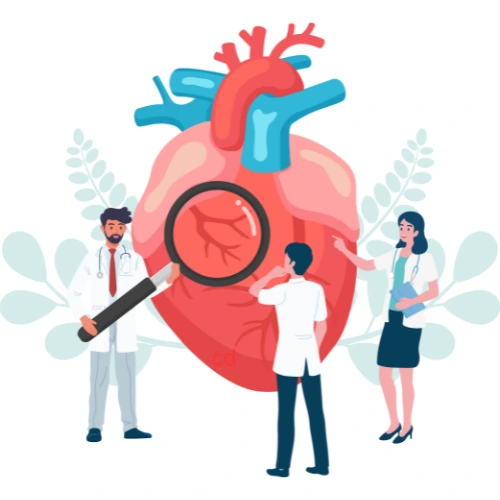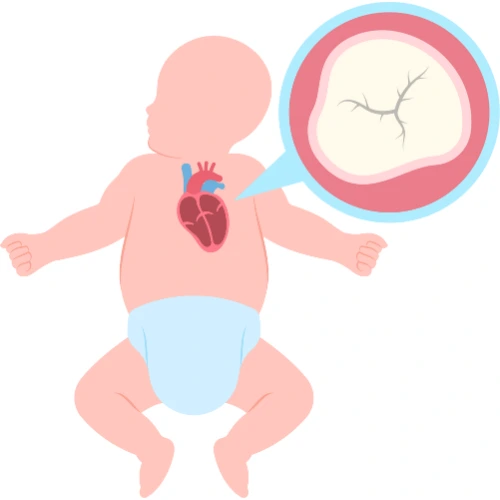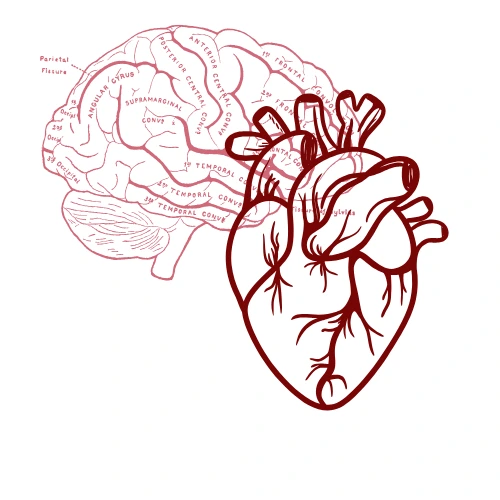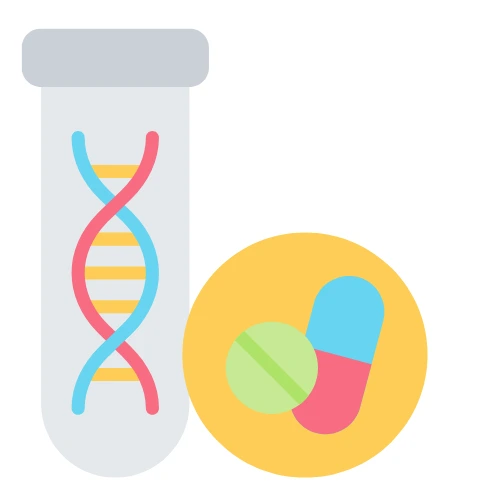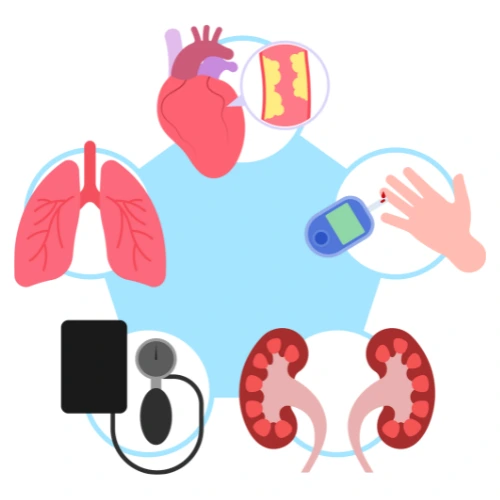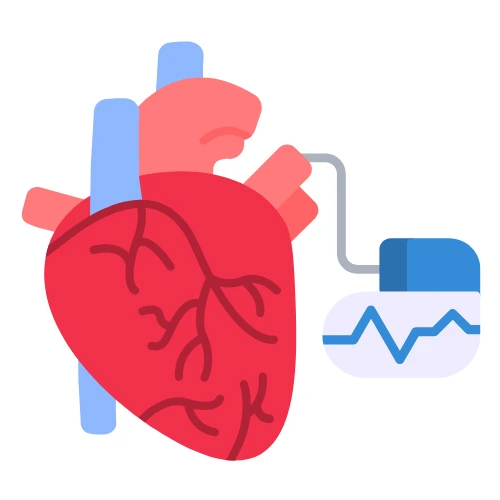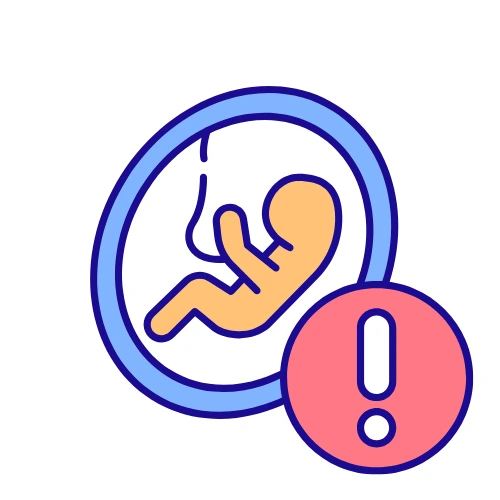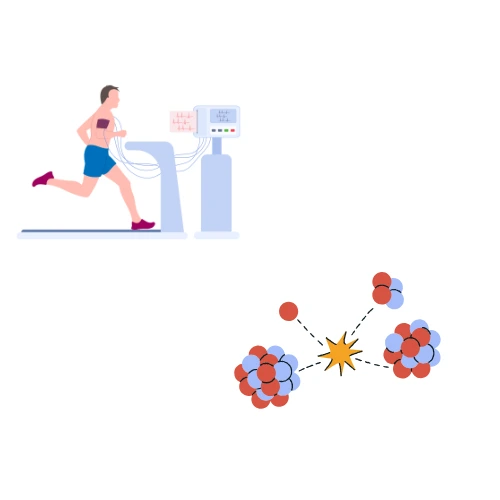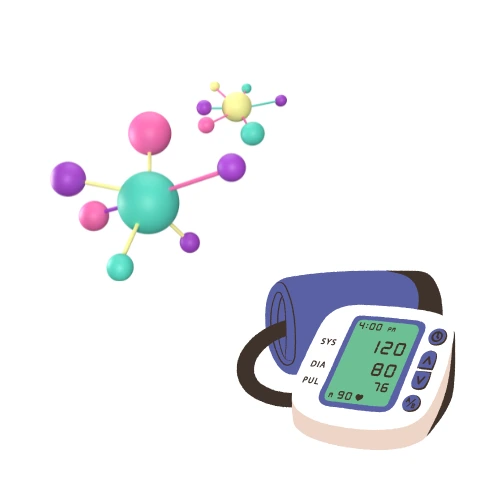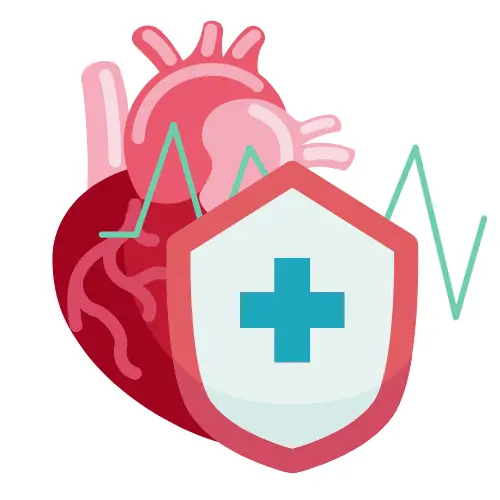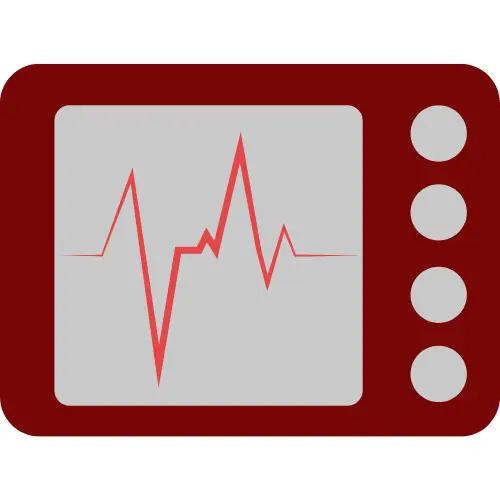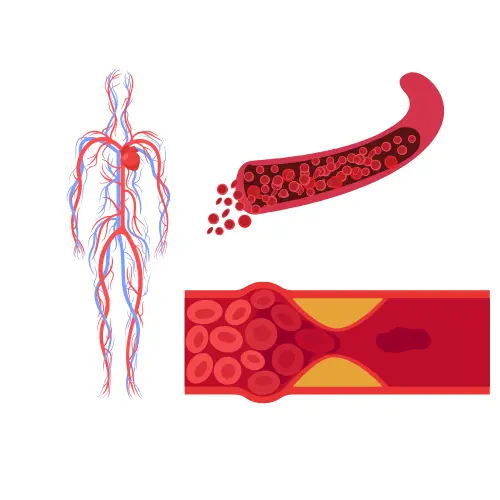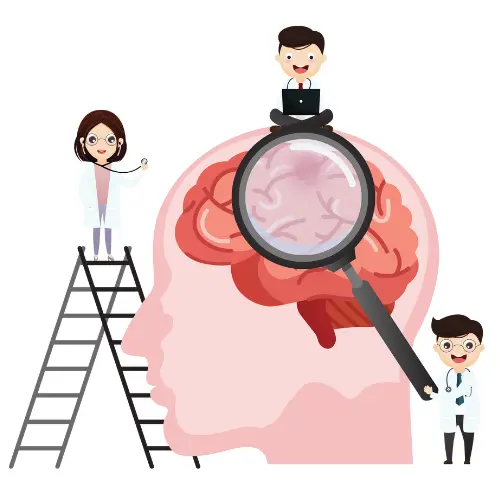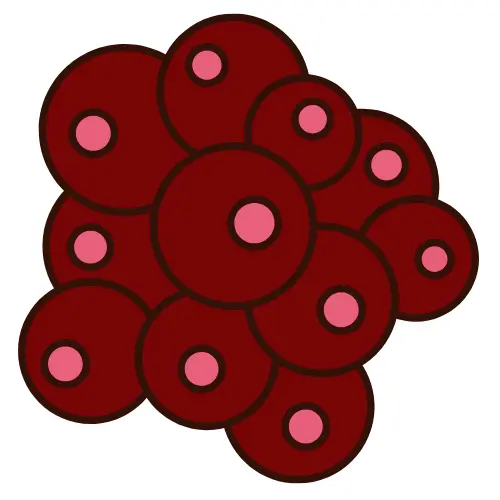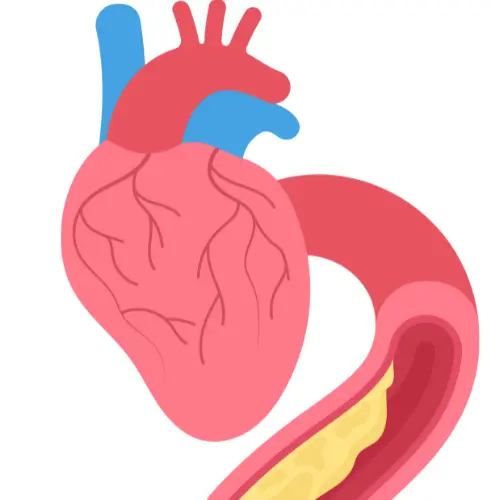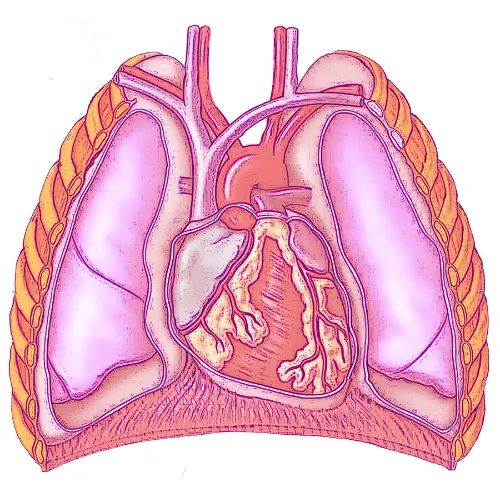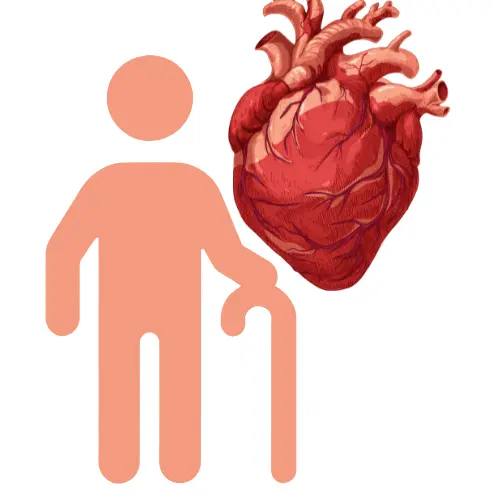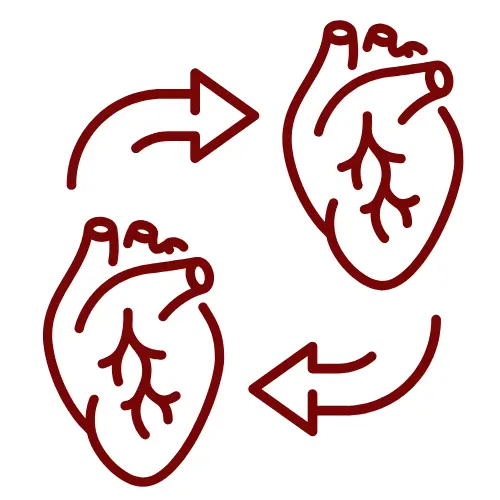Clinical Case Reports on Cardiology
Clinical case reports in cardiology serve as a useful tool for diagnosing and therapy unusual or complex cases of cardiovascular conditions. They document unusual presentations, rare conditions, unexpected complications, or new approaches to patient care. It could serve as a practical reference for practicing clinicians based on real-life issues and solutions. Case reports are helpful especially when the condition is not well-defined, and there is no established treatment protocol; this provides evidence-based direction in subsequent similar cases.
The most important advantages of cardiology case reports are educational development for new and experienced cardiologists. Cases of atypical presentation of myocardial infarction or rare arrhythmias underpin the necessity of complete patient assessment and critical thinking. For example, even if a patient who shows symptoms such as chest pain is not at a higher risk because of traditional risk factors, the patient might still experience myocardial infarction due to a rare disorder like spontaneous coronary artery dissection (SCAD). SCAD case reports are crucial to help clinicians recognize the condition and make the treatment before it becomes fatal.
Case reports also frequently report the rare complications that may be related to the cardiac treatment, which is usually administered to the patients, such as adverse reactions to certain drugs or complications following certain procedures like stenting. These complications and their management will be useful for providing better patient safety and outcomes. For example, reporting on stent thrombosis, which is blood clot formation within a stent, underlines the necessity of choosing the proper antiplatelet therapy as well as monitoring the patient post-procedure.
Case reports, on the other hand, also give an opportunity for experiences regarding new therapies or technologies in cardiology such as minimally invasive procedures or novel drug therapies to be shared. These therefore offer preliminary information that eventually will be confirmed by further research in large populations through proper documentation of the history of the patients, interventions, and results.
Generally, clinical case reports on cardiology increase the knowledge of the clinician, inspire the sharing of best practices, and promote a personalized approach to patient care that leads to improvements in cardiovascular medicine.
Get In Touch
Other Sessions
Related Topics
- International Conference on Clinical Case Reports on Cardiology
- Clinical Case Reports on Cardiology Virtual Conferences
- Clinical Case Reports on Cardiology Webinars
- Clinical Case Reports on Cardiology Congress 2025
- Clinical Case Reports on Cardiology Congress 2025
- Clinical Case Reports on Cardiology Conference
- Clinical Case Reports on Cardiology Events
- Global Conference on Clinical Case Reports on Cardiology
- International Conference on Clinical Case Reports on Cardiology
- Clinical Case Reports on Cardiology Conferences 2025
- Clinical Case Reports on Cardiology Conferences
- Clinical Case Reports on Cardiology Conference 2025
- Clinical Case Reports on Cardiology Congress
- Clinical Case Reports on Cardiology Meetings
- Clinical Case Reports on Cardiology Workshops
- Clinical Case Reports on Cardiology Virtual Conferences

